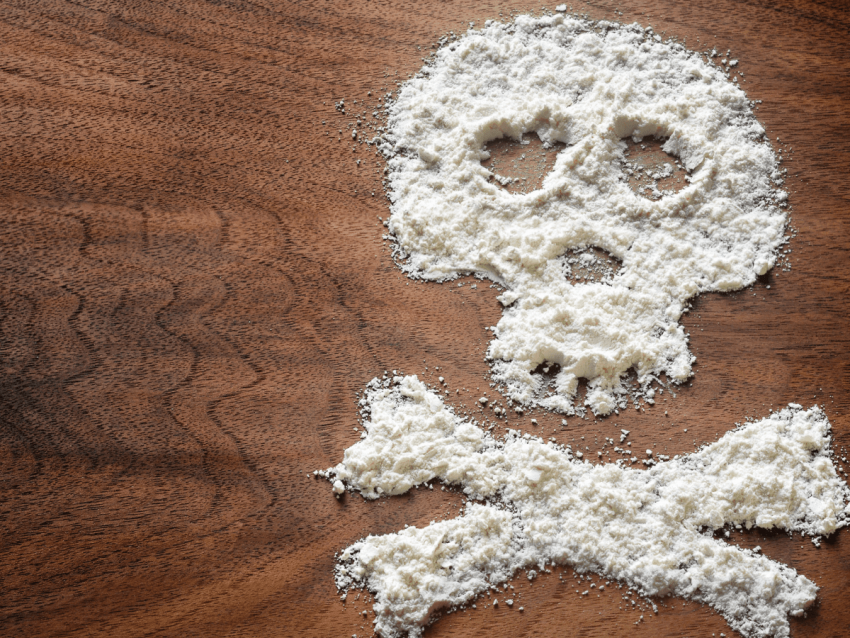
Have you heard of cocaine heart? If you haven’t, it refers to the effects that cocaine has on the body, specifically on the heart. The stimulant drug alters the proper functioning of the brain and central nervous system. What does cocaine do to your heart? The effects depend on numerous factors, such as how much and how frequently a person uses it. In addition, the circulatory system is targeted after cocaine consumption which can lead to long-term health complications. Cocaine addiction treatment is advised if an addict shows adverse side effects from the abuse.
How Does Cocaine Affect the Heart?
The stimulant substance is a well-known club drug and is seemingly socially acceptable, like alcohol. However, the effects are still severe even if you take it at a party, as a medication, or as an experiment. If you are wondering, “what does cocaine do to your heart,” then understanding how the effects begin is beneficial. The substance blocks vital signal pathways throughout the body, which increases heart rate and blood pressure.
The blood vessels narrow, making them prone to clot. Cocaine triggers the body to move, and with more movement means that an increase in oxygen is necessary. With more movement, narrowing blood vessels, and less oxygen, then organ complications heighten, especially after every use. These reasons also promote an increase in blood pressure, which frequently results in spasms.
What Are the Long-Term Effects of Cocaine?
As mentioned, since cocaine does narrow blood vessels and increases heart rate and blood pressure, the result of lack of oxygen may also be a heart attack or heart failure. In addition, disease in the blood vessels can damage the production of the heart. Heart failure and heart-valve defects are common, especially in long-term use.
Other physical effects of cocaine include:
- Chest pain
- Tooth decay
- Nose bleeds
- Night sweats
- Lung damage
- Stomach pain
- Problems with swallowing
- Increased body temperature
- Respiratory problems such as cough
Building a tolerance to cocaine can lead to long-term use and overdose. Overdose can inflict heart failure along with the failure of other organs and other physical problems. Understanding the overdose signs and symptoms of cocaine can help save a person’s life. For example, signs may include panic, chest pains, cardiac arrhythmias, or seizures.
How Long Does Cocaine Affect Your Heart?
Depending on the testing method, cocaine can be detected for up to twelve hours after last use. Short-term effects on the heart can include palpitations, irregular heartbeat, and chest pain. However, heart damage is reversible through detox, exercise, and a healthy diet. The duration of cocaine abuse may determine how long the drug affects the heart and how long it takes for recovery.
Resources & Recovery at Better Addiction Care
At Better Addiction Care, we offer customized drug abuse counseling and will help design a treatment plan that best suits your recovery needs and goals. Our highly trained staff prepares a clean and safe environment for expression and for discussing the importance of treatment. Also, prevention plans are established to avoid long-term health issues and other potential risks. Don’t wait to receive the proper care you need to recover.
Speak to a specialist at Better Addiction Care by calling 800-429-7690 now. Learn how to stage an intervention and help someone in need of recovery today!
Related Readings:
Cocaine Duration in Urine
The Science of Addiction Treatment
Ready to Get Help?
Let our team of Addiction Counselors help find the Right Rehab for You!
